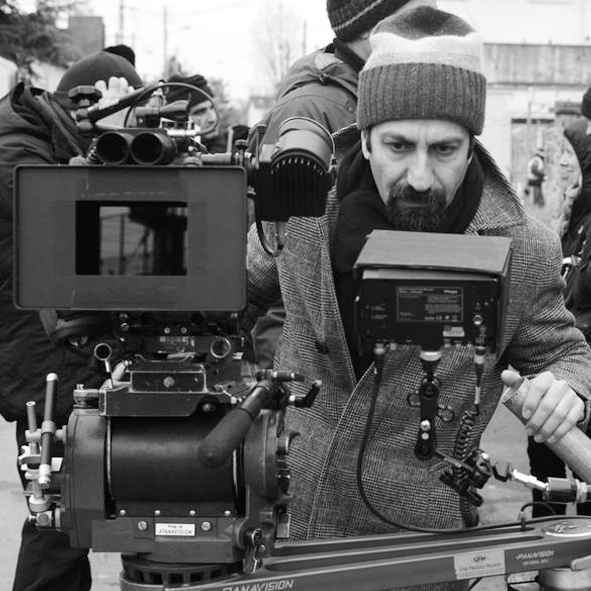
Cite this article

After the 1979 revolution, Iran became the inheritor of a kind of unfulfilled Leftist-Islamic Romanticism, which has fully exhausted the most valuable capacities for meaning-making and of directing society. This has thus created a situation that seems to be an Eastern version of Nietzsche’s definition of nihilism; a state in which the most sublime values devalue themselves. Following Seyyed Javad Tabatabaei, if we consider the three historical memories of Iran– Imperial Iran (before Islam), Islamic Iran (after the Arab invasion), and Modern Iran (from the constitutional revolution onwards)– as the three key elements of tradition, we must note that due to the post-revolutionary failure and disillusionment, these elements neither can form new dreams and visions nor do they have the capability to make dialogues with the other elements. Asghar Farhadi’s cinema is the embodiment of the dubious conscience that has lost its orientation. It portrays the condition of a subject that faces the challenge of making difficult choices while find themselves incapable of making decisions. This subject remains helpless, after each time searching for a touchstone to practically base their decision on and have dialogues with other subjects experiencing the same degree of confusion. This helplessness and disorientation could be captured in the following words: “The old is dead but the new has not been born yet.


